Virtual Idol Copyright Laws in Different Countries in 2025
Virtual idols are digitally created characters created and operated with advanced artificial intelligence technology and human creativity. They have rapidly gained popularity across the entertainment, gaming, marketing, and social media industries. However, with this growth comes complex legal challenges. As virtual idol blurs the line between human creativity and AI generation, disputes over copyright and intellectual property AI rights have emerged, making copyright a hot topic in this innovative space. Want to know more? This guide covers everything, including the virtual idol copyright laws in different countries!
Part 1: What Are Virtual Idols?
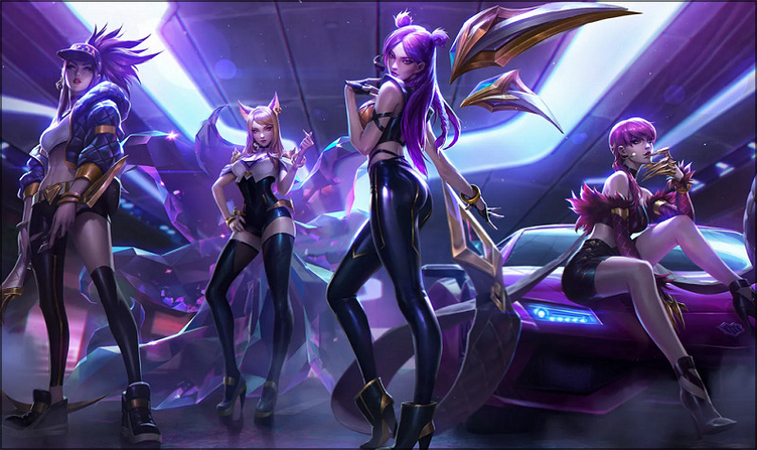
Virtual idols are fully digital characters often brought to life by AI or a mix of AI algorithms, computer-generated imagery (CGI), and human creative inputs, such as graphic artists or motion capture performers. They work as entertainers (singers, actors, idols, etc.), marketing tools, and cultural icons. Some notable examples include:
- Hatsune Miku: A Japanese musical artist, this virtual persona has performed live concerts worldwide using a computer-generated voice and 3D graphics.
- K/DA: A virtual K-pop group by Riot Games, blending animation and music. It consists of four themed versions of League of Legends characters voiced by different artists.
- Lil Miquela: A virtual American character, singer, and influencer blending AI with real-world social media marketing.
These idols exemplify the powerful fusion of cutting-edge technology with artistic creativity to create engaging personas that perform, interact with fans, and promote brands. Thus, they capture vast fan bases without a traditional human performer at the core. However, this has raised a debate over AI-generated content ownership!
Part 2: What is the Core of the Copyright Debate of Virtual Idols?
At the heart of the copyright debate is the question: Who owns the rights to content generated by or for virtual idols? This question becomes intricate because virtual idol content can involve multiple contributors and AI systems. So, let's learn how AI-generated content ownership claims can be contested among:
- Creators: Graphic designers, voice actors, musicians, and AI developers who contribute creatively to the idol's persona and content.
- Companies or Platforms: Entertainment companies, gaming studios, or social media platforms that own rights to the characters, software, and branding.
- AI Systems (or their Users): AI tools that autonomously generate content for the users who command the AI, raising questions about whether AI can hold copyright or if humans directing AI do.
This ambiguity challenges traditional copyright frameworks designed for human authorship.
Part 3: What are the Copyright Laws on Virtual Idols?
Given the complex mix of creators producing virtual idols, determining legal ownership is complex. However, this can become easier to understand after exploring virtual idol copyright laws across major regions worldwide.
1. Japan
Japan is a global leader in virtual idol culture (e.g., Hatsune Miku). Japanese laws grant copyrights to human creators, such as illustrators, programmers, and voice providers.
- AI-generated Content: Importantly, current Japanese law requires a human creator for copyright to apply. Fully AI-generated works are not protected unless humans made creative contributions.
- Case Example: Vocaloid software users retain copyright over songs they create using the voicebanks but not over the voicebank or character design itself.
2. United States
US copyright law requires human authorship as a prerequisite for protection.
- AI Works: The US Copyright Office does not recognize works created solely by AI as copyrightable.
- Case Example: The companies that develop or own virtual influencers (like Lil Miquela) hold rights to branding, design, and content produced using traditional creative processes.
3. European Union
EU copyright laws protect "original works of authorship," which requires human input.
- AI Contributions: Currently, AI-generated content isn't eligible for copyright protection unless a human has exercised creative control over it.
- Data Rights: The EU also enforces strict data protection laws (e.g., GDPR), which may impact virtual idols that collect or simulate real user data.
4. China
China has seen rapid growth in AI and virtual idols (e.g., Luo Tianyi). Chinese law grants copyright to the human who creates or operates a digital work.
- AI-generated Content: Still in a legal grey area: Draft guidelines in 2022 proposed that creators of AI-generated content could receive "related rights" but not full copyright.
- Emerging Regulations: China is working on more specific AI and digital content governance laws.
5. South Korea
Similar to Japan and the US, copyright is assigned to human creators, such as designers, voice actors, and more.
- AI Music: AI-generated music or performances may face issues with originality and performers' rights, as these new creations blur the boundary between human and machine authorship.
- Virtual Performers: Complex ownership structures often include entertainment companies, tech firms, and software providers.
Part 4: How to Use HitPaw FotorPea to Enhance Images of Virtual Idols Legally
With virtual idols relying on high-quality digital imagery, enhancing their virtual idol visuals can help boost engagement while respecting copyright laws. In this regard, HitPaw FotorPea is the top choice for Windows and Mac users.
This powerful photo enhancement software empowers creators and marketers to legally elevate their images with ease. With a user-friendly interface and various advanced AI models, you can quickly refine details, adjust colors, reduce noise, and apply artistic effects, enhancing overall photo quality. It even helps you enlarge anime pictures as desired to make a significant impact without sacrificing quality.
Main Features:
- Enhance faces in old virtual idol images
- Upscale images up to 4K or 8K resolution
- Quick enhancement for virtual idols' photos
- Fix the underexposed pictures without hassle
- Process multiple images at once to save time
How to Use HitPaw FotorPea to Enhance Images:
Step 1. Download and InstallFirst, open the official website and download the latest version of this software. Then, open the file and follow the instructions to complete the installation.
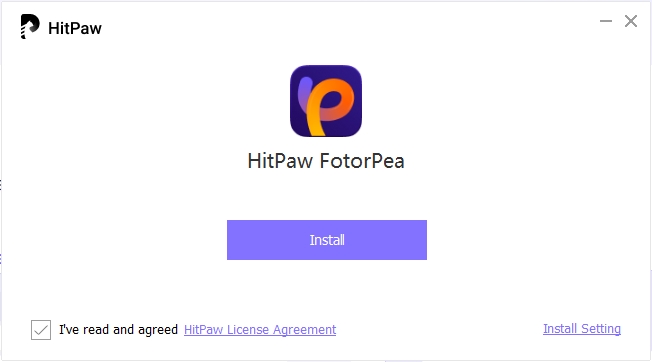
Step 2. Import Original Image
Launch this software and press "Enhance Photos Now" to import the original image of the virtual idol in the supported formats.

Step 3. Choose the AI Model
Next, select a suitable AI model with the preferred speed and mode to begin processing. In this scenario, you should choose the "Face Model." Tap "Preview" to check the results.
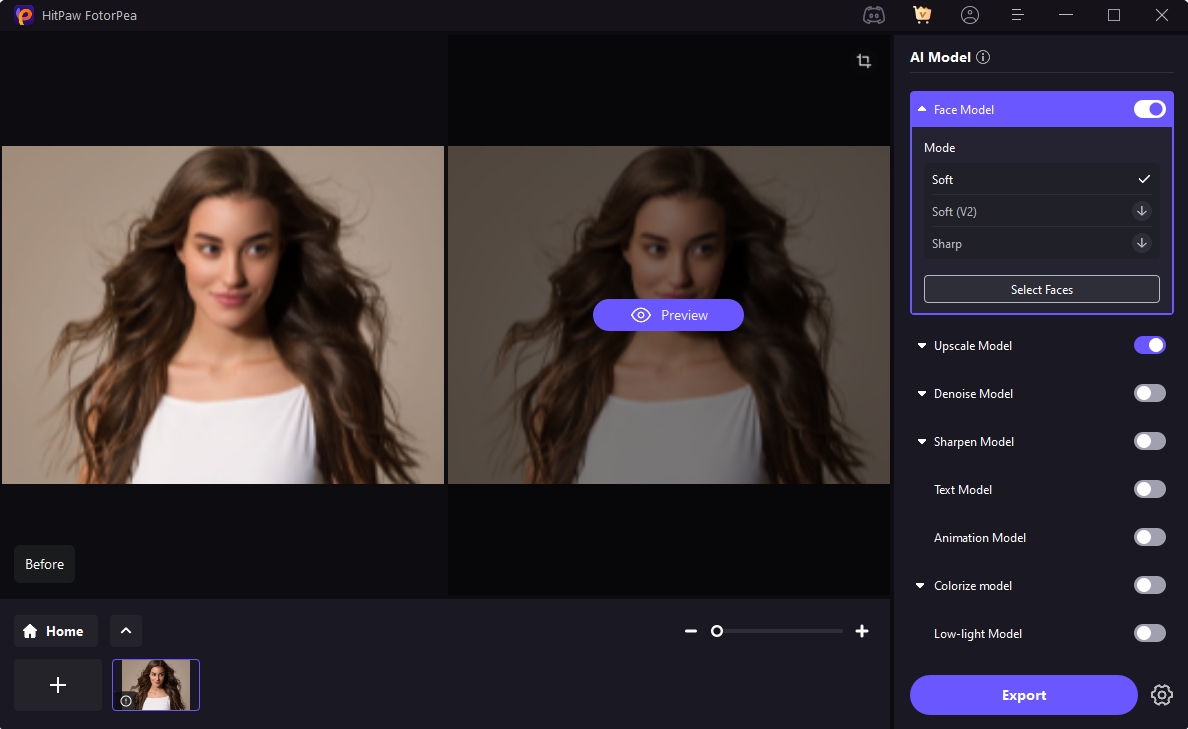
Step 4. Export Output
Lastly, press the gear icon to select the resolution, format, and other parameters. Then, hit the "Export" tab, and you're all done!

Conclusion
The legal landscape surrounding virtual idols and AI-generated content is evolving rapidly. While virtual idol copyright laws across major jurisdictions currently hinge on human authorship, defining authorship and ownership rights in the age of AI is essential to support innovation while protecting creators and companies. Moreover, creators should try HitPaw FotorPea to enhance virtual idol images within legal boundaries, ensuring virtual fame grows sustainably and ethically!




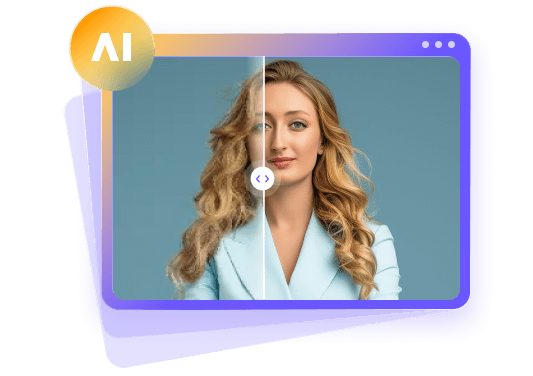




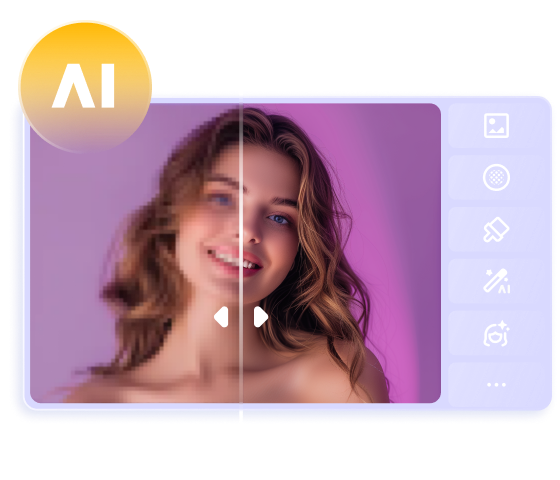
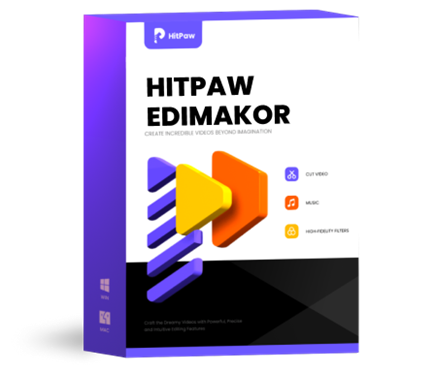 HitPaw Edimakor
HitPaw Edimakor HitPaw VikPea (Video Enhancer)
HitPaw VikPea (Video Enhancer) HitPaw Univd (Video Converter)
HitPaw Univd (Video Converter) 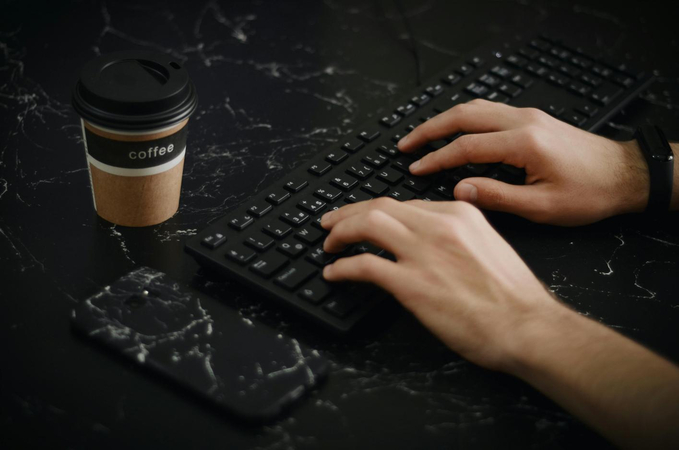

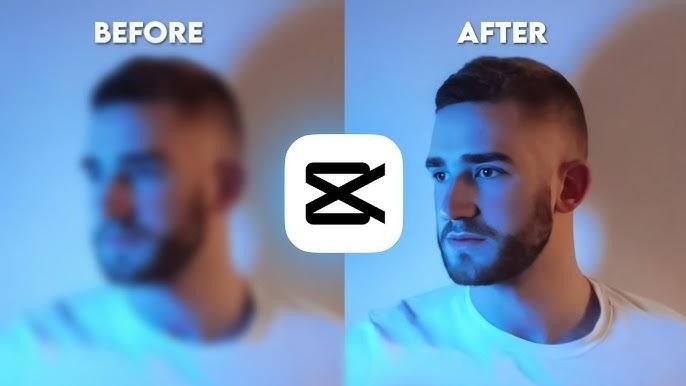

Share this article:
Select the product rating:
Daniel Walker
Editor-in-Chief
This post was written by Editor Daniel Walker whose passion lies in bridging the gap between cutting-edge technology and everyday creativity. The content he created inspires the audience to embrace digital tools confidently.
View all ArticlesLeave a Comment
Create your review for HitPaw articles